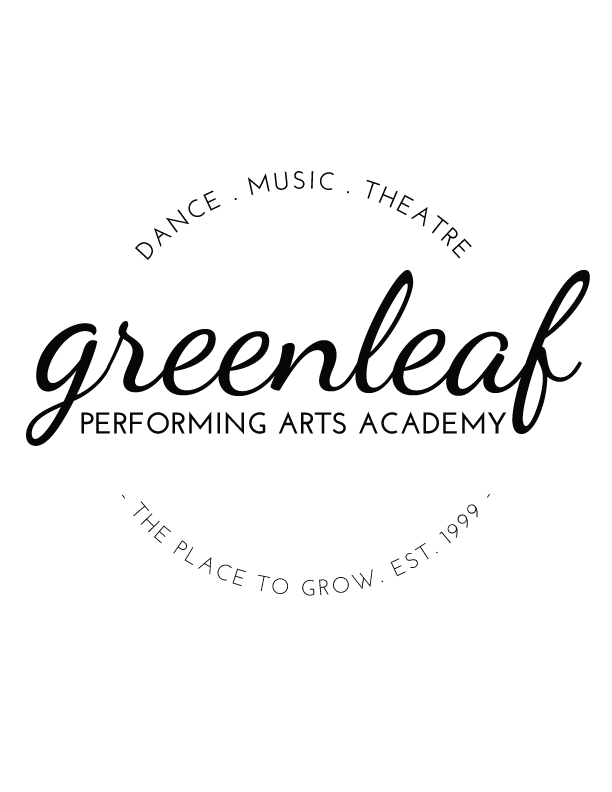When people talk about how musical training – especially piano lessons – help with academics, they usually link music with improved math skills. However, music has a big impact on language development. This happens even as early as the third trimester of pregnancy!
Early Childhood
Research shows that “…spoken language is introduced to the child as a vocal performance, and children attend to its musical features first.”¹ Music and speech share a lot of features – intonation, beat, pitch, rhythm, and even melody. Early childhood music and dance classes, like creative movement classes, build on these musical features to aid in learning processes. As infants and young children are exposed to intentional musical sounds, the building blocks for language are set into place.
Elementary School
One 2018 study was conducted on a group of elementary-age children who were taking piano lessons. Interestingly, they found that “as kids’ ears become trained to distinguish between different pitches and tones at the piano… they also seem to get better at parsing subtle differences between spoken words.”² This ability to distinguish differences in spoken words is crucial for developing strong language skills. Children who study music – whether it’s piano, guitar, or voice lessons – consistently tend toward higher reading and writing scores in elementary school and beyond.
High School + College
These reading and writing scores even stay elevated all the way up to college preparation years. On average, students who study music score 31 points higher in both reading and writing on the SAT. ³ So, for that child of yours who wants to play just like her favorite singer-songwriter, it might be well worth enrolling her in those piano or guitar lessons. Statistically, it pays off in both musical proficiency and in all kinds of language benefits!
Supporting Your Student: If you have an early language learner, consider incorporating music time to foster language skills. Engage your kids with activities like clapping and singing along; this helps emphasize rhythm and pitch.
If you have older children, consider enrolling them in a class at Greenleaf! We offer private music lessons for ages 4 and up and Creative Movement classes (which combine music and movement) begin at age 3. Learn more here.
Sources:
¹https://www.ncbi.nlm.nih.gov/pmc/articles/PMC3439120/
²http://time.com/5322121/music-lessons-language-learning/
³https://nafme.org/advocacy/what-to-know/music-education-and-academic-achievement/





0 Comments